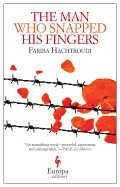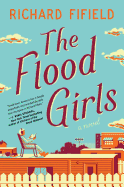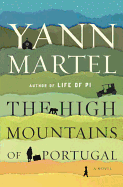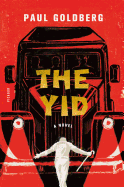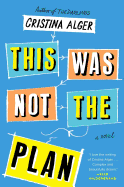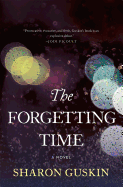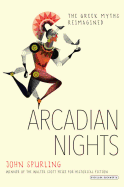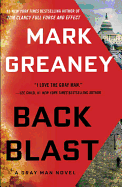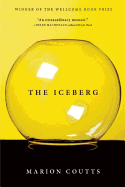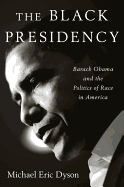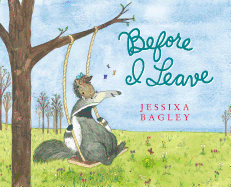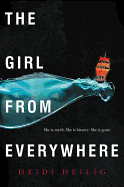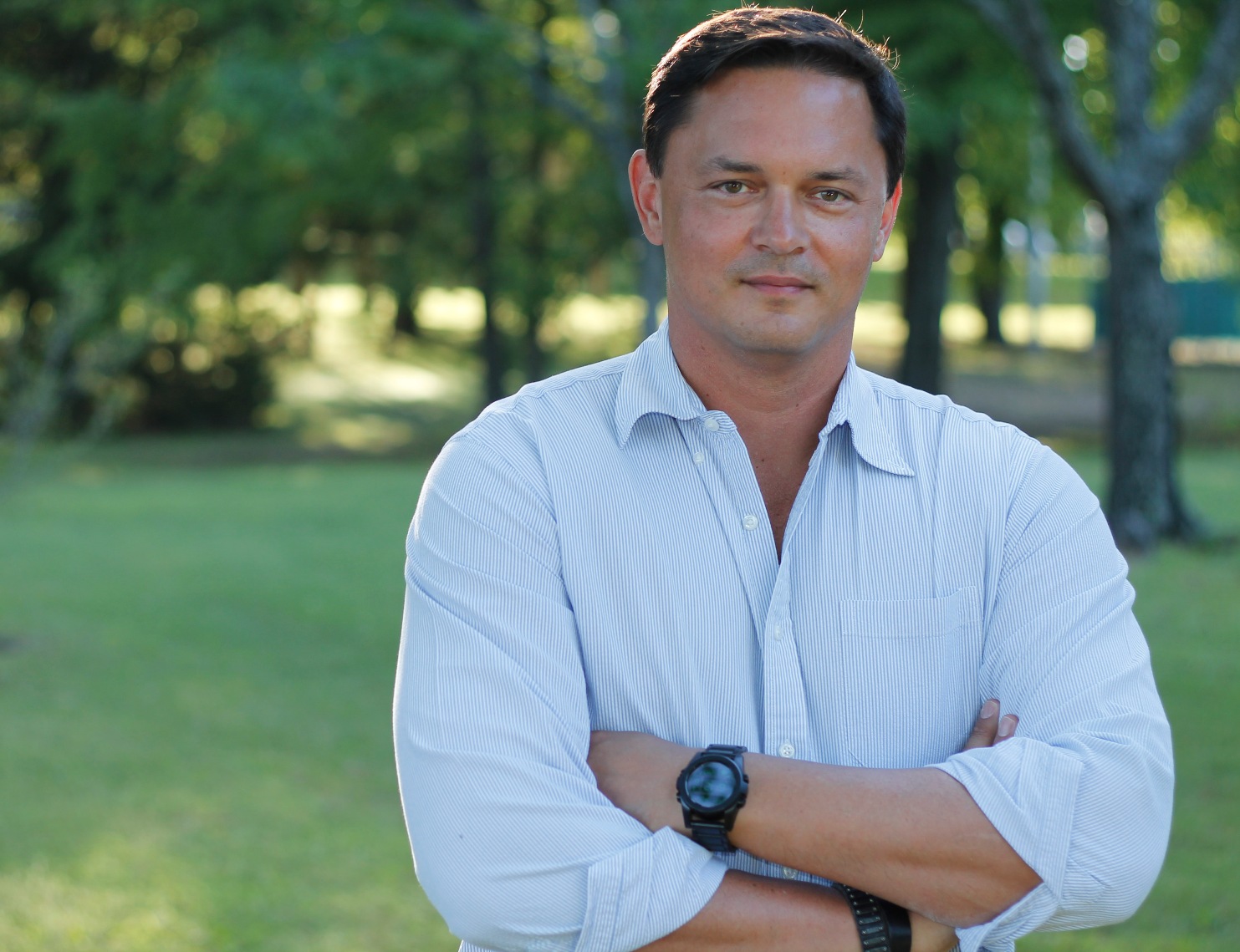 |
| photo: Carrie Echols |
Mark Greaney had a great start in the action thriller scene with his Gray Man series--the first two books were nominated for Barry Awards. He has also co-authored with Tom Clancy several New York Times #1 bestselling novels, and was chosen to continue the Jack Ryan series after Clancy's death in 2013. Greaney's latest release is the fifth Gray Man novel, Back Blast (reviewed below), which continues the adventures of Courtland Gentry, legendary CIA black ops officer turned assassin for hire.
Greaney does extensive research for his books and has traveled to dozens of countries to nail down the sense of verisimilitude that shows up in his work. Here he talks about why he does it, even when it's terrifying.
You've done lots of hands-on research, including in battlefield medicine. Have you ever had to use your training in real life?
The [battlefield] training I've received deals mostly with sucking chest wounds, blocked airways, arterial hemorrhaging, that sort of thing. Fortunately I haven't had to use any of this yet, but unfortunately I know little more than the average guy about basic first aid, which is usually what I need!
Gentry gets into situations that seem impossible to escape. Do you come up with a situation first and then figure out how to get Gentry out of it, or come up with a cool means of escape first and work backward to give Gentry a reason to use it?
It's a combination of both, really. Sometimes I get these big set pieces in my head and then work them into a book, changing them to fit the story as needed. More often I get my hero stuck in a corner while writing, and find that he's up against impossible odds. When that happens, I just have to do research or draw on my knowledge to engineer a way out for him. I am always trying to learn new tactics and tradecraft to keep the stories fresh. If the Gray Man just shot his way through each book it would get a little boring, both for the reader and me.
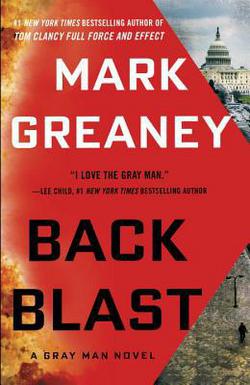 The Gray Man is notorious for having many, many skills. Is there something he'd be absolutely rubbish at? Karaoke singing? Synchronized swimming?
The Gray Man is notorious for having many, many skills. Is there something he'd be absolutely rubbish at? Karaoke singing? Synchronized swimming?
He'd be lousy at writing novels, as he's a man of few words, and no typing skills. Once on Facebook, I lamented that I was days away from the deadline of my latest novel, a thousand miles from an Apple Store, and my laptop had just broken. Dozens of people lectured me that the Gray Man wouldn't let that happen to him. Maybe I was just grumpy because of my situation, but I retorted that the Gray Man wouldn't be in that situation because he didn't even have a book deal.
What's the most surprising thing you've discovered in research?
Every time I do location research I realize I have to do it. It makes the story so much more visceral and real. I've been to more than 25 countries researching novels, and every place I go, I realize I had some preconceived notion--about the place, the people, or even just the feel of the location--that was dead wrong.
Can you give an example of such a preconceived notion?
In western Mexico researching Ballistic, I expected the rural areas to be safe havens for crime and drug cartel activity. In fact, everywhere I traveled, I saw Mexican Marines in armored vehicles or pickup trucks with heavy machine guns. Only by going there did I really get the sense there was a full-on civil war being waged in the area.
On a visit to Lithuania to research Commander in Chief, I wanted to understand the thoughts of the locals about what would happen if Russia made good on recent threats to retake the territory. I fully expected the average man on the street to be confident their NATO member status would provide them protection, but everyone I met seemed resigned to the fact Russian tanks could roll into their cities at will and NATO would do nothing to help them. That really informed the way I portrayed Central European nations in the novel.
And when I was in Beijing researching Threat Vector, my hired car and hotel room were bugged. In the Forbidden City, I saw plain-clothed government thugs watching over tourists and locals alike. That pervasive police state feel made it into the novel in ways I couldn't have pulled off if I wrote the book sitting at home.
What's been your scariest moment during research?
Nighttime live fire small unit operations training--i.e., running and gunning with rifles along with 18 guys in the dark, with only weapon lights flashing on and off when engaging the targets. Something about running through the dark and seeing the flash of gunshots on both sides of me, feeling the overpressure of bullets snap by--I feel very alive, but it is terrifying.
More terrifying than meeting one of your idols, Tom Clancy, for the first time? What was that like?
I flew up to Baltimore for a meet-and-greet straight after coming home from a research trip to Europe. My editor said I would just sit with Tom for 45 minutes but, still, I was nervous. There was a lot on the line, obviously, so when Tom started our meeting with "What are we going to talk about?" I was worried, to say the least.
But within a couple of minutes, we were talking about French fighter jet engines, Chinese tanks, Michael Crichton and Frederick Forsyth novels, Russian spies--all the stuff anyone with a chance to meet Tom Clancy would love to talk about. It wasn't lost on me at all how lucky I was. I started coming up with all these questions about his books. I'm sure he was surprised that his new co-author was basically just a starstruck fan who could write. The 45-minute meeting turned into lunch and then a full afternoon together, 'til I finally had to leave to catch my flight.
Tell us about your writing process for the Clancy books compared to your Gray Man series.
The process isn't much different, really. It helps greatly that I have the same editor for both series, and I always have a good time talking plots and ideas with him. A Gray Man novel is more street level, over the shoulder of the hero as he confronts his challenges. A Clancy book is wider in scope, so there are some different types of research necessary, but the planning and plotting, as well the actual writing, feel similar to me. I always wish I had more time to do each book, no matter which series, but without a deadline I'd never finish anything, so it's good I know the release date before I even start! --Elyse Dinh-McCrillis, blogger at Pop Culture Nerd
Mark Greaney: Going Where the Action Is
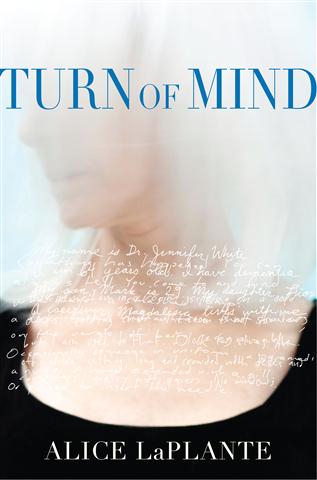 Dr. Jennifer White, a retired orthopedic surgeon battling dementia, becomes the prime suspect in the investigation of the murder of her best friend in Turn of Mind, a gripping literary thriller by Alice LaPlante. Is Dr. White's deteriorating memory and debatable grasp on reality a blessing or a curse?
Dr. Jennifer White, a retired orthopedic surgeon battling dementia, becomes the prime suspect in the investigation of the murder of her best friend in Turn of Mind, a gripping literary thriller by Alice LaPlante. Is Dr. White's deteriorating memory and debatable grasp on reality a blessing or a curse?



 The Gray Man is notorious for having many, many skills. Is there something he'd be absolutely rubbish at? Karaoke singing? Synchronized swimming?
The Gray Man is notorious for having many, many skills. Is there something he'd be absolutely rubbish at? Karaoke singing? Synchronized swimming? 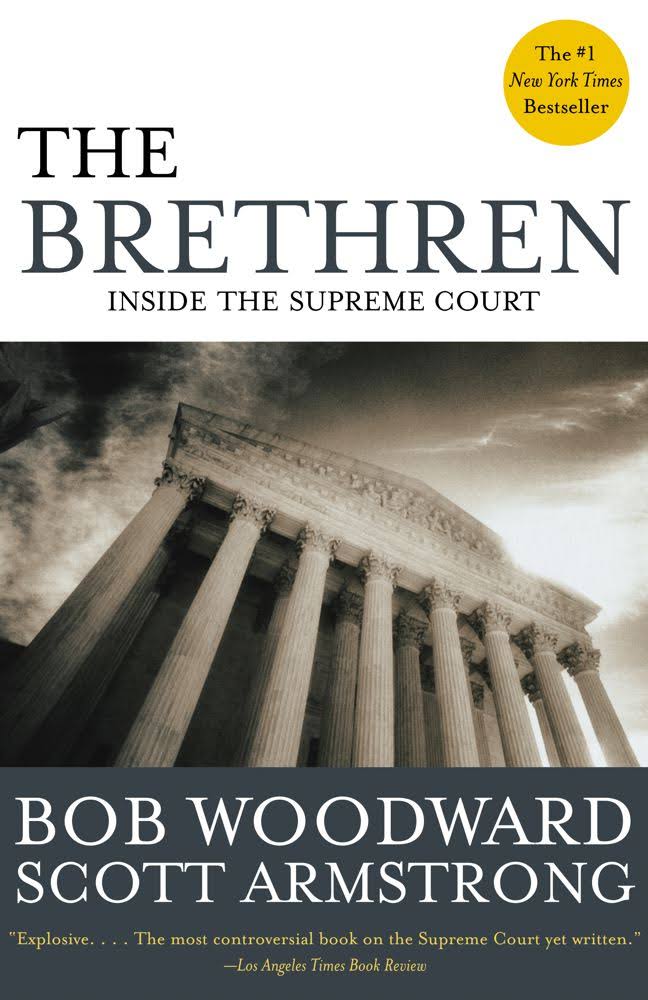 With the death of Associate Justice Antonin Scalia during a presidential election year, the Supreme Court has, once again, taken center stage in American political theater. This notoriously secretive group (their deliberations are still strictly off-camera) was first infiltrated by Bob Woodward (of Watergate fame) and Scott Armstrong in their 1979 book The Brethren: Inside the Supreme Court, which gave a behind-the-scenes view of the court under Chief Justice Warren Burger as it decided controversial cases of the 1970s. In 1985, Woodword confirmed his insider source was Associate Justice Potter Stewart, who died that same year.
With the death of Associate Justice Antonin Scalia during a presidential election year, the Supreme Court has, once again, taken center stage in American political theater. This notoriously secretive group (their deliberations are still strictly off-camera) was first infiltrated by Bob Woodward (of Watergate fame) and Scott Armstrong in their 1979 book The Brethren: Inside the Supreme Court, which gave a behind-the-scenes view of the court under Chief Justice Warren Burger as it decided controversial cases of the 1970s. In 1985, Woodword confirmed his insider source was Associate Justice Potter Stewart, who died that same year.